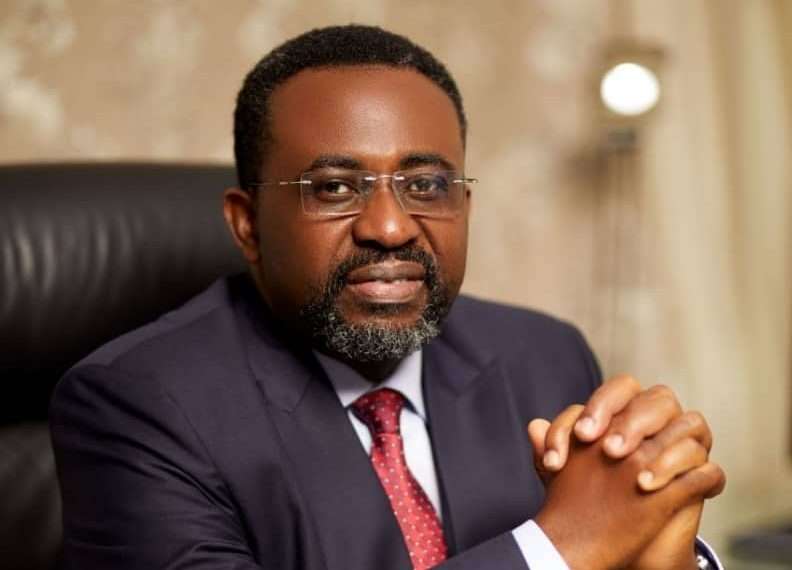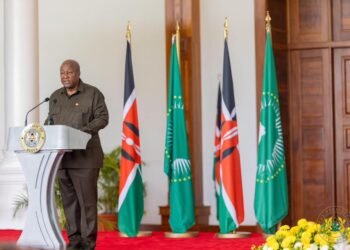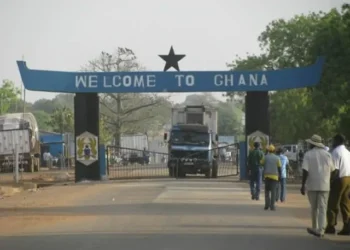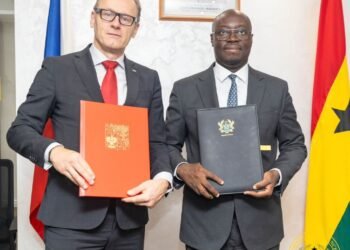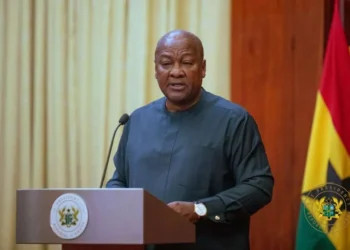The Governor of the Bank of Ghana (BoG), Dr. Johnson Asiama, has warned that Ghana’s inflation outlook could face renewed pressures from multiple sources, including volatility in the exchange rate, rising crude oil prices, and the implementation of new tax measures announced in the Mid-Year Budget Review.
Dr. Asiama emphasized that these developments could trigger a “shift in inflation expectations,” potentially reversing recent gains in price stability. He made these remarks in his opening statement at the Monetary Policy Committee (MPC) meeting held at the central bank’s headquarters in Accra on Monday, July 28, 2025.
He urged the committee to remain vigilant and assess forward-looking risks and policy trade-offs in determining the appropriate monetary stance. “The biggest question we face now,” he told the members, “is whether the current macroeconomic configuration warrants a recalibration of our monetary policy stance.”
Balancing Inflation Control with Economic Recovery
Dr. Asiama’s remarks underscore the delicate balancing act facing the BoG. The central bank must weigh inflation risks against the need to support Ghana’s ongoing economic recovery.
“With inflation expectations more firmly anchored, external buffers significantly strengthened, and public confidence improving, we must consider how best to support the recovery without compromising the hard-won gains in stability.”
Dr. Johnson Asiama
While Ghana has made significant strides in curbing inflation from a peak of over 54 percent in 2022 to more moderate levels in 2025, the central bank remains cautious. The Governor’s remarks suggest that the BoG is keenly aware that inflationary pressures could resurface if not carefully managed.
Despite concerns over inflation risks, Dr. Asiama acknowledged that the fiscal side of the economy has witnessed notable improvements in the first half of the year. According to him, Ghana recorded a primary surplus of 1.1 percent of GDP, well above the 0.4 percent target, indicating prudent fiscal management.
Further, the overall fiscal deficit has declined to just 0.7 percent of GDP, with actual government expenditures coming in 14.3 percent below target—a rare feat that signals restraint in public spending.
“These outcomes demonstrate a government committed to fiscal consolidation and discipline,” Dr. Asiama observed, adding that “such progress enhances macroeconomic credibility and supports investor confidence.”
Public Debt Declines Sharply
One of the most significant developments highlighted by the Governor was the 15.6 percent reduction in Ghana’s public debt stock in the first half of 2025. This brought the debt-to-GDP ratio down to 43.8 percent, a sharp contrast to the elevated levels recorded in recent years.
Dr. Asiama described this achievement as a “credible path to debt sustainability and macroeconomic stability.” He noted that such a reduction is pivotal not only for restoring fiscal space but also for reducing the economy’s vulnerability to external shocks.
Dr. Asiama stressed the need for the MPC to continue providing clear and credible guidance to the market. With global uncertainties still looming and domestic factors like taxes and oil prices exerting pressure, he cautioned that the BoG cannot afford to be complacent.
“The forward-looking nature of monetary policy requires that we remain focused on risk assessment and maintain flexibility in our policy responses.”
As the MPC deliberates its next move, the Governor’s comments provide insight into the cautious yet strategic posture of the Bank of Ghana. While acknowledging progress, Dr. Asiama made it clear that navigating the road ahead will require vigilance, prudence, and proactive decision-making.
Whether the central bank opts to maintain its current tight stance or begin to ease rates slightly, the coming days will be critical in determining the trajectory of inflation and economic recovery in Ghana.
READ ALSO: AG Halts NSA Case Over New Evidence Involving Millions

